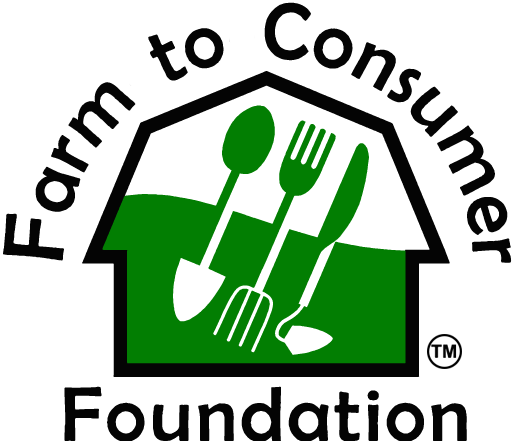Necrotizing enterocolitis (NEC) is the leading cause of death among infants born at <30 weeks’ gestation, but donor human milk can reduce the incidence of NEC. Unfortunately, freezing or pasteurizing human milk deactivates beneficial bioactive components. We evaluated the feasibility, safety, and impact of feeding very preterm infants fresh (unprocessed) mother’s own milk within 4 hours of expression. In our multicentre prospective cohort analytic study, we fed 109 control and 98 intervention infants previously frozen donor or mother’s own milk; only the intervention group was fed fresh mother’s own milk once daily from enrollment until 32 weeks’ corrected age. Control group mothers could not commit to provide fresh milk daily and were less likely receive antenatal corticosteroids than mothers in the intervention group. In the intervention group, 87.5% (98/112) of mothers were able to provide at least one feed of fresh milk a day. No critical incidents or non-compliance with the protocol were reported. The duration of mechanical ventilation and total parenteral nutrition use were shorter in the intervention group than controls (P < 0.01) but the length of hospital stay was similar (P = 0.57). Although the study might be underpowered, the intervention group had lower unadjusted rates of the composite outcome NEC ≥ stage 2 or mortality (8% vs 20%, P = 0.04), sepsis (22% vs 38%, P = 0.02), retinopathy of prematurity (17% vs 39%, P < 0.01) and bronchopulmonary dysplasia (32% vs 47%, P < 0.01) than the control. These results indicated that feeding fresh mother’s own milk once daily was safe, feasible, and may reduce morbidity.
Testing the feasibility and safety of feeding preterm infants fresh mother’s own milk in the NICU: A pilot study
by Autumn Ellis | Apr 24, 2019 | Farm-to-Consumer Foundation News | 0 comments
